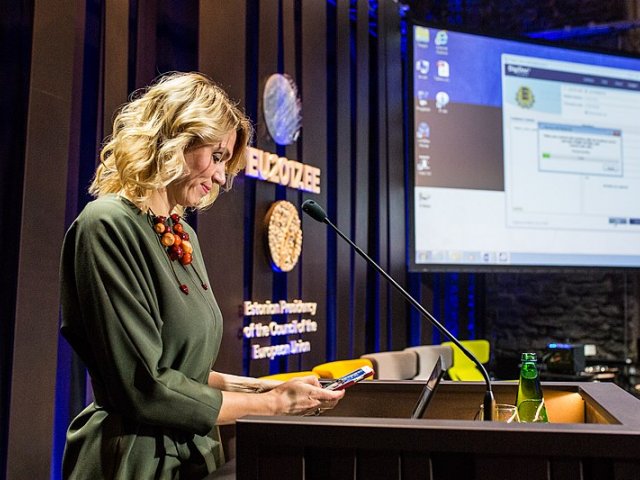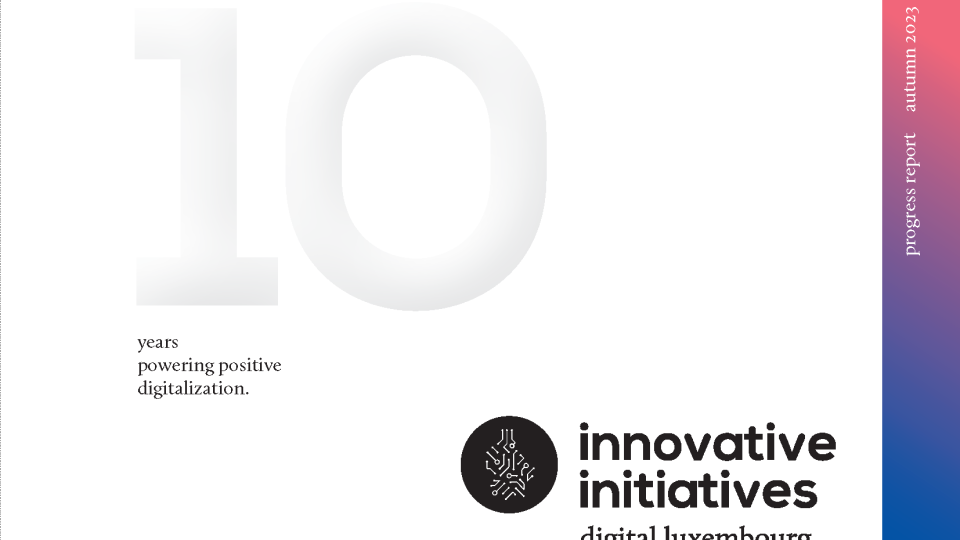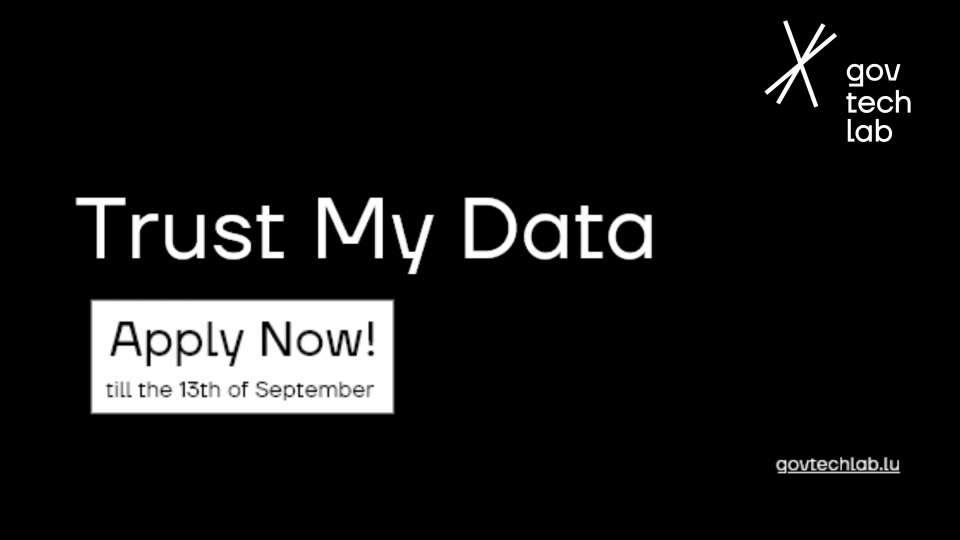Meeting in Estonia on 6 October 2017, the representatives of the 32 member countries of the European Union and the European Free Trade Association (Iceland, Liechtenstein, Norway and Switzerland) unanimously approved the ‘Tallinn Declaration on eGovernment’.
Dan Kersch, Luxembourg’s Minister for the Civil Service and Administrative Reform, commended the work carried out by the Estonian Presidency of the Council of the European Union. He totally supported the text of the Declaration, the main aim of which is to create a single digital market to the advantage of both people and businesses, while ensuring the deployment of the new technologies in Europe, on the basis of the secure digital exchange of information between the public and all administrations.
Overall, the joint Declaration confirms the commitment of the countries of Europe to implement an action plan aimed at achieving a series of clearly defined objectives by 2020. These objectives include the ‘digital-by-default’ and ‘once-only’ principles – two measures to be found at the heart of the ‘Einfach Lëtzebuerg’ programme for administrative simplification to the advantage of both people and businesses.
In the Grand Duchy, Minister Dan Kersch is working with his teams on drawing up draft legislation that will definitively anchor the ‘once-only’ principle in the country’s legislation, so that its implementation can be generalised within those administrations which would then – after first obtaining specific agreement from the party concerned – be able to re-use information already in the possession of another public administration.
Regarding reliability and security, the signatory States undertake to ensure that the digital services set up guarantee data security and personal privacy. At the same time, the aim is to promote the adoption of the electronic identity card (eID), making sure that its utilization is made simpler and easier to use while at the same time providing secure access to on-line services.
Transparency and openness are also core features of the basic principles laid down in the Tallinn Declaration. They are present in the Grand Duchy already, as individuals are able to consult – in electronic form – certain items of information about them held by public administrations, and to check which administrations have accessed their personal information.
Lastly, in line with the Tallinn undertakings, the Grand Duchy has adopted an ‘open data’ strategy aimed at accompanying the opening up of certain public data held about the State and its administrations, while maintaining everyone’s right to privacy.
The joint Declaration is thus totally in keeping with the Government’s strategic choices regarding the simplification of administrative formalities and procedures. The State will now be able to rely on a firm framework that is common to all the countries in Europe as it pursues its efforts to digitalize the services provided to users, whether they are private individuals or businesses.







